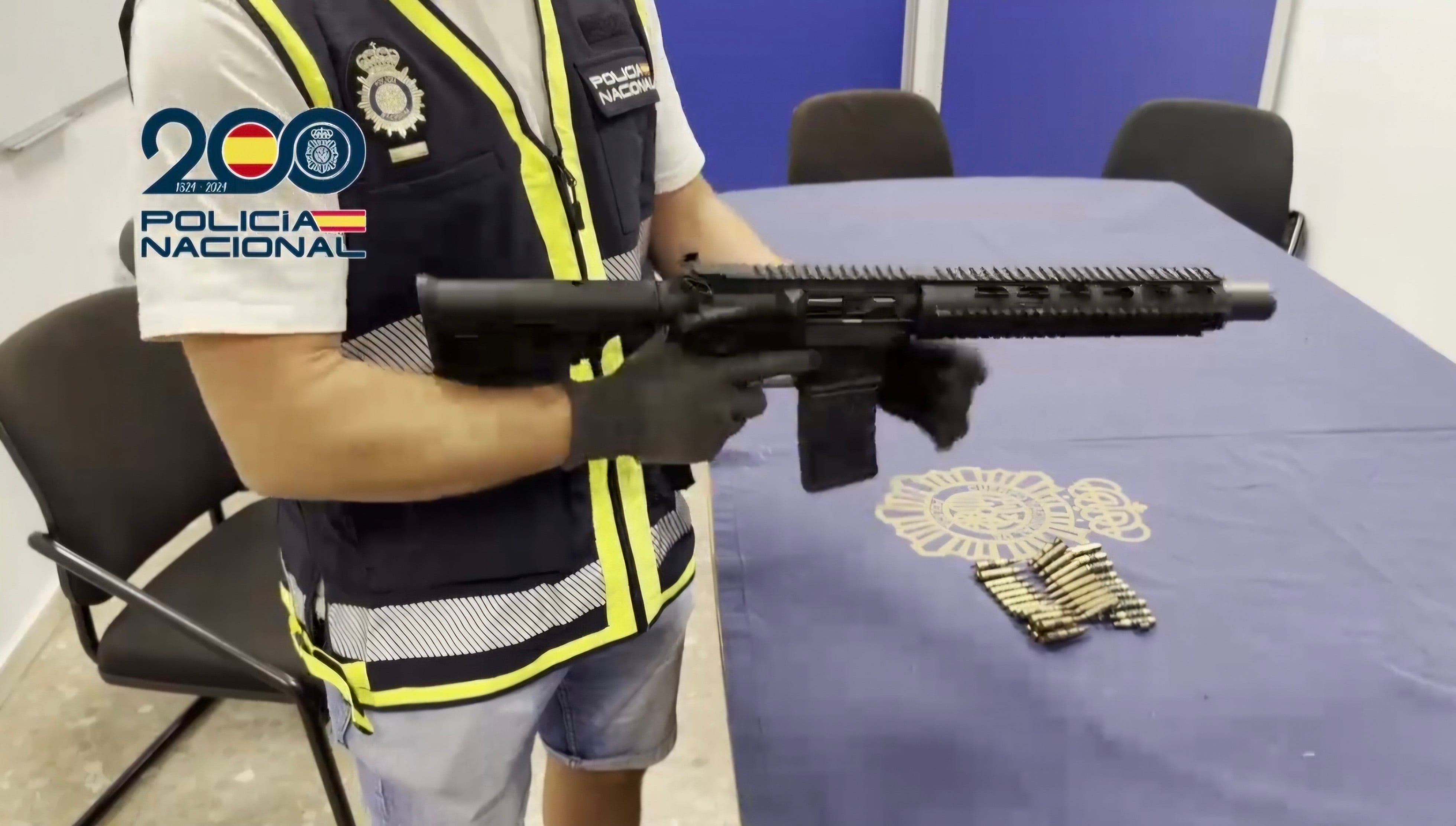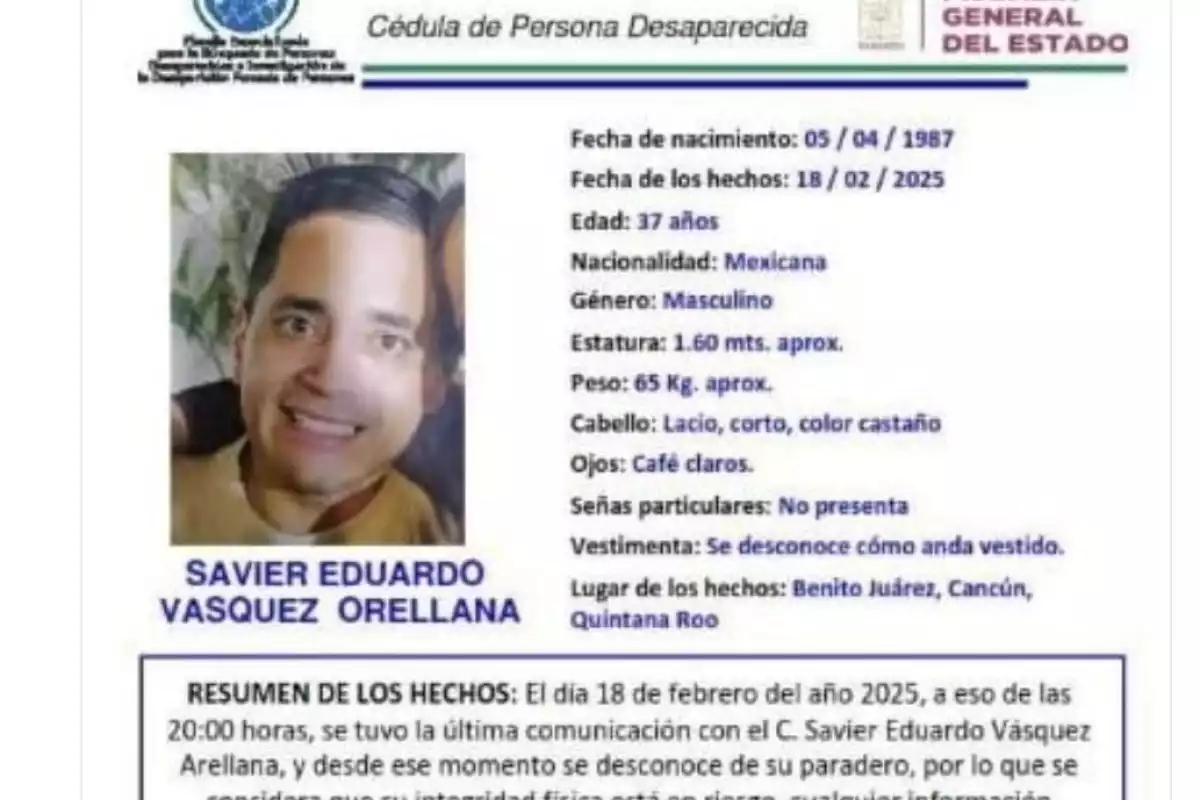After escaping from a juvenile detention center in Belgium last fall, he was recruited by a criminal organization in the Netherlands. From there, he flew to Málaga on December 7, 2024. He landed around midnight and was picked up by two members of the drug gang. They took him to a hotel to give him an assault rifle and then drove him to Fuengirola. Near the seafront, on Asturias Street, they showed him the cannabis club from which, sooner or later, a man he was to kill would emerge. Hooded, he waited patiently. In the early hours of the morning, barely two hours after arriving in Spain, he pulled the trigger in cold blood and fled by bicycle, then on foot, and finally in a taxi.
This sequence that have been taken from a movie stars a 17-year-old Belgian boy with a single mission for his trip to the Costa del Sol: to commit a murder with the Mocro Maffia as the background. Following his arrest, this is the first case in Spain in which an underage hitman is the main suspect. For years minors have been used to commit such crimes in northern European countries, but it has never before occurred on Spanish soil. “It’s a wave that’s coming to us little by little. And a real problem,” says one of the police officers who led the investigation. “It’s something that has surprised us all,” acknowledges Marbella’s Anti-Drug Prosecutor Carlos Tejada.
The use of young people in organized crime has overwhelmed Sweden. Hitmen as young as 13, 14, or 15 are already common in the Nordic drug wars. They’re not old enough to get a driver’s license or buy alcohol, but they’re already firing guns, throwing grenades, and planting bombs. “More and more young people without a criminal record are being recruited to carry out violent attacks,” Europol warned this summer. “This is what organized crime looks like in 2025,” summarized Andy Kraag, director of the European Centre for Serious and Organized Crime at the European police agency, where he describes this phenomenon as consisting of “an assembly line” that runs from those who pay to kill, to those who recruit the teenagers, those who provide the logistics, and, of course, those who carry out the orders. Agents specializing in organized crime have been warning for some time that sooner rather than later, these children would also arrive on the Costa del Sol. And in just over a year, three have been arrested. Two of them — Swedish nationals — were caught shortly before committing their murders, with everything already in place. With the third, a Belgian, there was no way to avoid a death, although a complex investigation quickly identified him and those who helped him: the person who hired him, those who handled the logistics — organizing his travel, paying for his tickets, renting the bicycle for his escape, transporting the rifle to Fuengirola from Paris — and those who showed him the place where he was to kill the victim. All are now in prison.
Image provided by the National Police of an arrest during an operation against the Swedish mafia in Málaga in 2024.
The first case involving a teenager occurred in Benalmádena in the spring of 2024. The boy was also 17 years old and had traveled from Sweden with the sole purpose of killing. He spent several days on the Costa del Sol in different hotels until he was given a scooter. He used it over four days to stake out a residential area where, according to the police, his target lived: a member of a motorcycle gang. He was arrested just before his accomplices provided him with an assault rifle to commit the crime. “At his accommodation, he had tape, gloves, clothing, everything perfectly prepared for the crime. But we caught him before then,” explains a police officer who participated in that investigation. This work had a very significant consequence: it led to the dismantling of an organization dedicated to recruiting minors to commit murders. It was run by a Swedish national who had just turned 15 and lived in Alicante. To recruit other teenagers, he used Telegram and Signal under aliases such as Donald Trump, The Recruiter, and Ms. Evelina. “He was the fucking boss,” the police officer said. “He ordered murderers like someone orders a pizza.” “A kid like that will kill someone for €20,000,” police sources explained. Others, however, are scammed and never paid. Or, if they fail, they are extorted into returning the money, with interest.
Light sentences
The Swedish teenager arrested in Alicante was tried this summer in his home country. Prosecutors accused him of attempted extortion, attempted murder in Stockholm, Malmö, and Torrevieja, as well as being responsible for recruiting, guiding, and training young people to commit crimes. According to the sentence, to which EL PAÍS has had access, the court found that he supported, advised, and backed the perpetrator of a shooting, and was convicted as an accessory to attempted murder and for weapons possession. The sentence carried more than 20 years in prison, but given his age — 15 — it was reduced to two years in a juvenile detention center. “The sentences are very light, which is why they use minors for this type of work,” says Swedish journalist Diamant Salihu, who has published two books and a made a television series on gang violence in his country. He believes the use of minors to commit crimes has increased because they are cheaper than professionals. And, when they succeed, they are encouraged to continue doing it until they are caught. “Then the gangs ignore them,” he emphasizes. Many are raised in vulnerable families of foreign origin, but others are “traditional Swedish teenagers” with blond hair and light eyes. In 2024 alone, up to 30 young people from the country — many of them minors — traveled to Denmark to attack rivals. Last week, a 13-year-old boy was sent to Oslo, Norway, to carry out an attack with a hand grenade. He received €3,000 for the job.
It’s a cheap and simple model, with a multitude of young people volunteering, eager for quick money. That’s why it’s exported, and the young men go to other countries to commit murders. “Spain is a place where more cases will occur, since many drug traffickers live on the Costa del Sol, because they have everything there,” adds Salihu. “The most powerful criminal organizations run their businesses from Marbella. This means that the problems there affect us here as well,” acknowledges Tejada, the anti-drug prosecutor. “There’s fear that it will increasingly affect Spain, because we’re already seeing the first ones [arrive] and more may come,” admits a police expert in the area. “So we have to be well-prepared.”
Another colleague emphasizes the excellent police work that, for example, led to the arrest of another 16-year-old Swedish minor along with a 19-year-old last July, after they had been in Spain for five days. They had been given a scooter and had weapons in their vacation rental. Or the work that led to the identification, in just four days, of the Fuengirola killer — who had been hired to carry out the job in the Netherlands — and the people who had provided the logistics. “We carried out an immense amount of work, working almost 24 hours a day,” emphasize the officers, who know that although the presence of underage hitmen is still something of a rarity, this will not be the last investigation involving them. “The wave is, for now, contained. We’ll see in the future,” they conclude.
Sign up for our weekly newsletter to get more English-language news coverage from EL PAÍS USA Edition
[SRC] https://english.elpais.com/spain/2025-09-29/teenage-hitmen-on-the-costa-del-sol-he-ordered-murderers-like-someone-orders-a-pizza.html
 Visit the website
Visit the website






